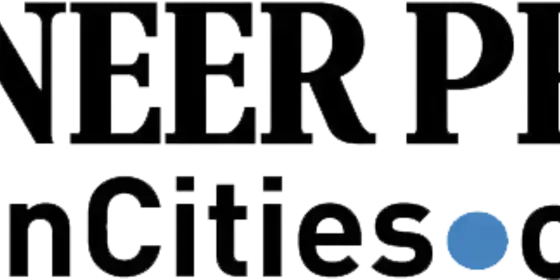Whether you have a school-aged student or have grandkids you are hoping to support, the spiraling costs of a college education can be overwhelming. We’re not going to sugar coat it. It’s bad, and costs are likely to get even worse.
But financial planning is about making the impossible, possible. By applying some simple lessons, you can make affording school less daunting for you and the prospective student.
Plan well in advance
We’ve said it before. Money loves time. While it is true that college costs are escalating, investing gives you the chance to see gains to offset the increase in costs.
But you need to plan ahead. Waiting until your child or grandkid has decided on a school to attend is not the ideal time to begin thinking about how to pay for college. Take stock now of what post-secondary education or training will cost, and work with your advisor to make a plan to meet those costs.
Flexibility is key
Keep in mind that college savings can be used for more than just a four-year degree. There are a number of professions that only require training, specialized programs or apprenticeships. Many employers are rethinking the four-year degree requirement for office jobs.
If your child does go the four-year route, work with them to identify a variety of options. Students should apply to 5-10 schools. Aim for a mix of public and private schools. While in-state tuition is generally cheaper, some schools offer generous scholarships and aid packages to compete for students. An open mind can mean a lot of savings.
Consider a 529
A 529 plan is a tax-advantaged investment account that allows individuals to invest in their child or grandchildren’s educational future. The 529 savings plan works like an IRA, allowing family members to contribute ahead of time to pay for tuition and other education expenses at a later date. You put after-tax money into an account, and when it comes time to make a tuition, room and board or other qualified payment for educational purposes, the money can be withdrawn tax free.
Set expectations
Discuss your child’s educational plans early and often. As high school graduation draws near, make clear what you will contribute before they make any firm decisions. Communicate the costs of student loans and how that will impact their financial picture. The worst thing that can happen is a nasty surprise.
If you intend to support a grandchild, discuss this with your own children. They will know how best to utilize the funds you provide, and it will be ideal to have everyone on the same page.
You can do this. With the help of your advisor and a sound strategy, post-secondary education can be attainable. It just requires you to learn a few lessons.
The opinions voiced in this material are for general information only and are not intended to provide specific advice or recommendations for any individual.
Prior to investing in a 529 Plan investors should consider whether the investor's or designated beneficiary's home state offers any state tax or other state benefits such as financial aid, scholarship funds, and protection from creditors that are only available for investments in such state's qualified tuition program. Withdrawals used for qualified expenses are federally tax free. Tax treatment at the state level may vary. Please consult with your tax advisor before investing.
This article was originally published in the Pioneer Press. You may view the article here.



